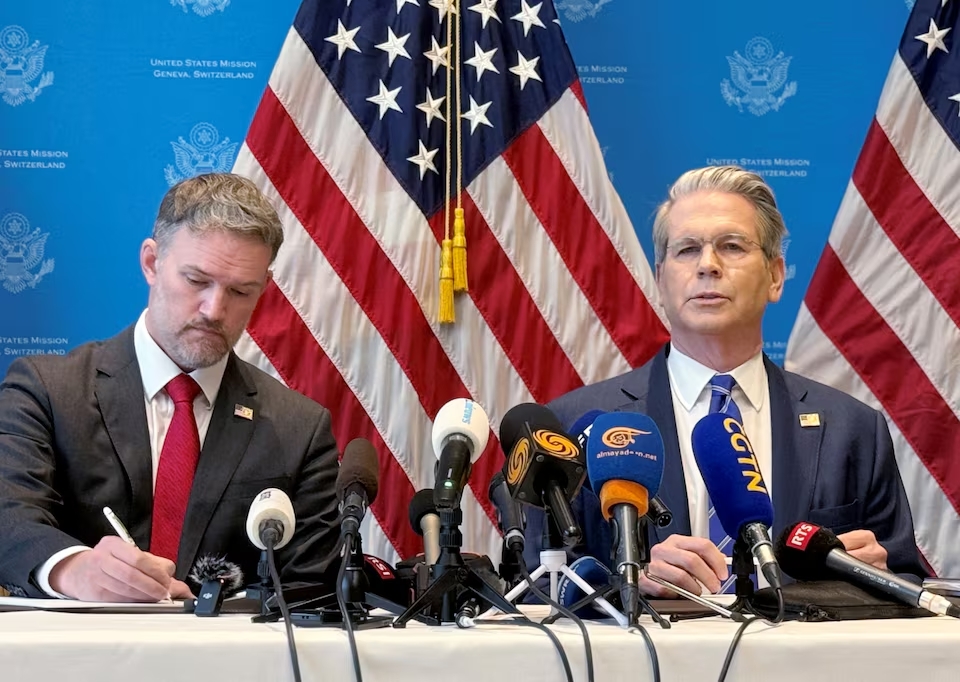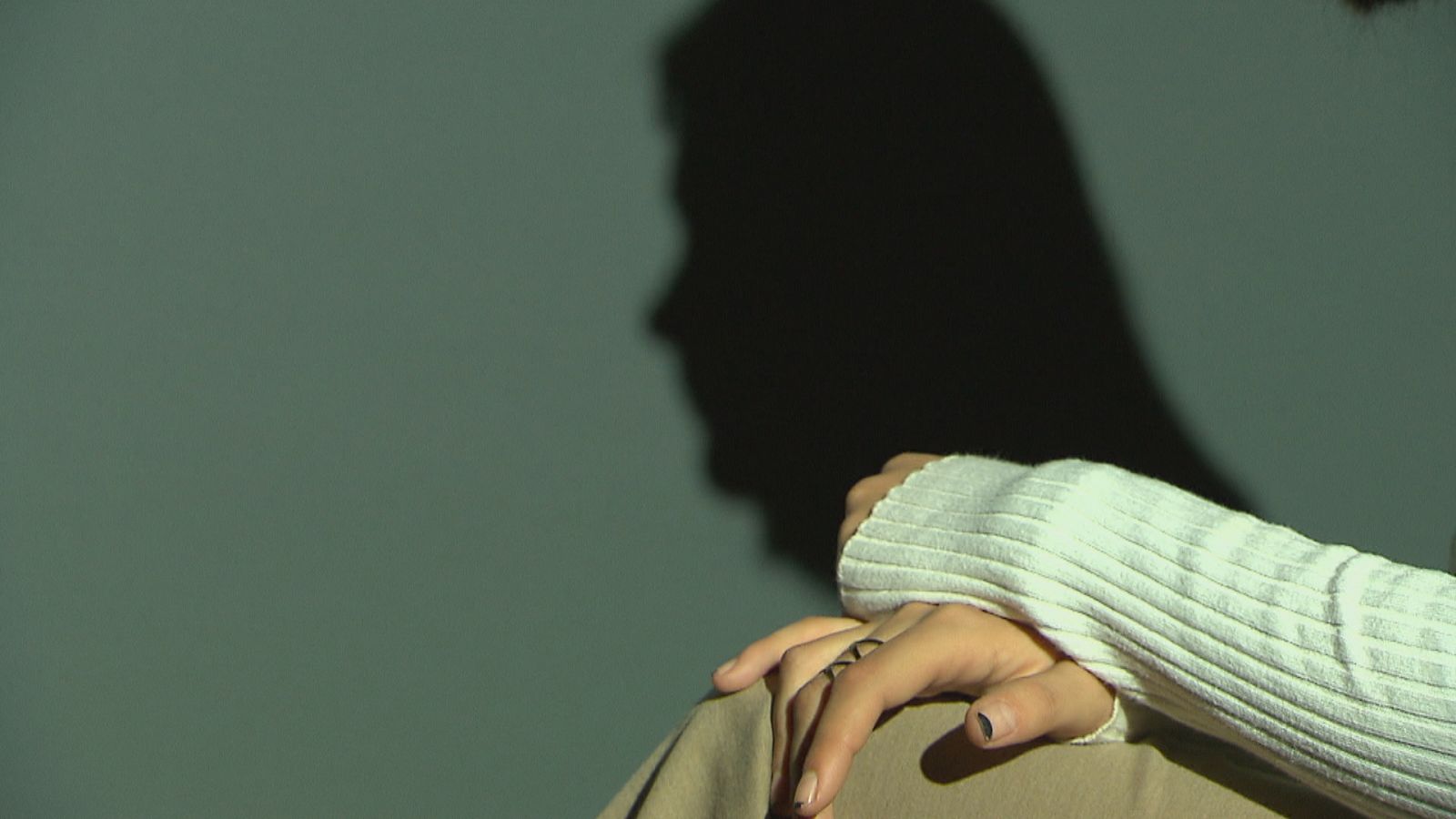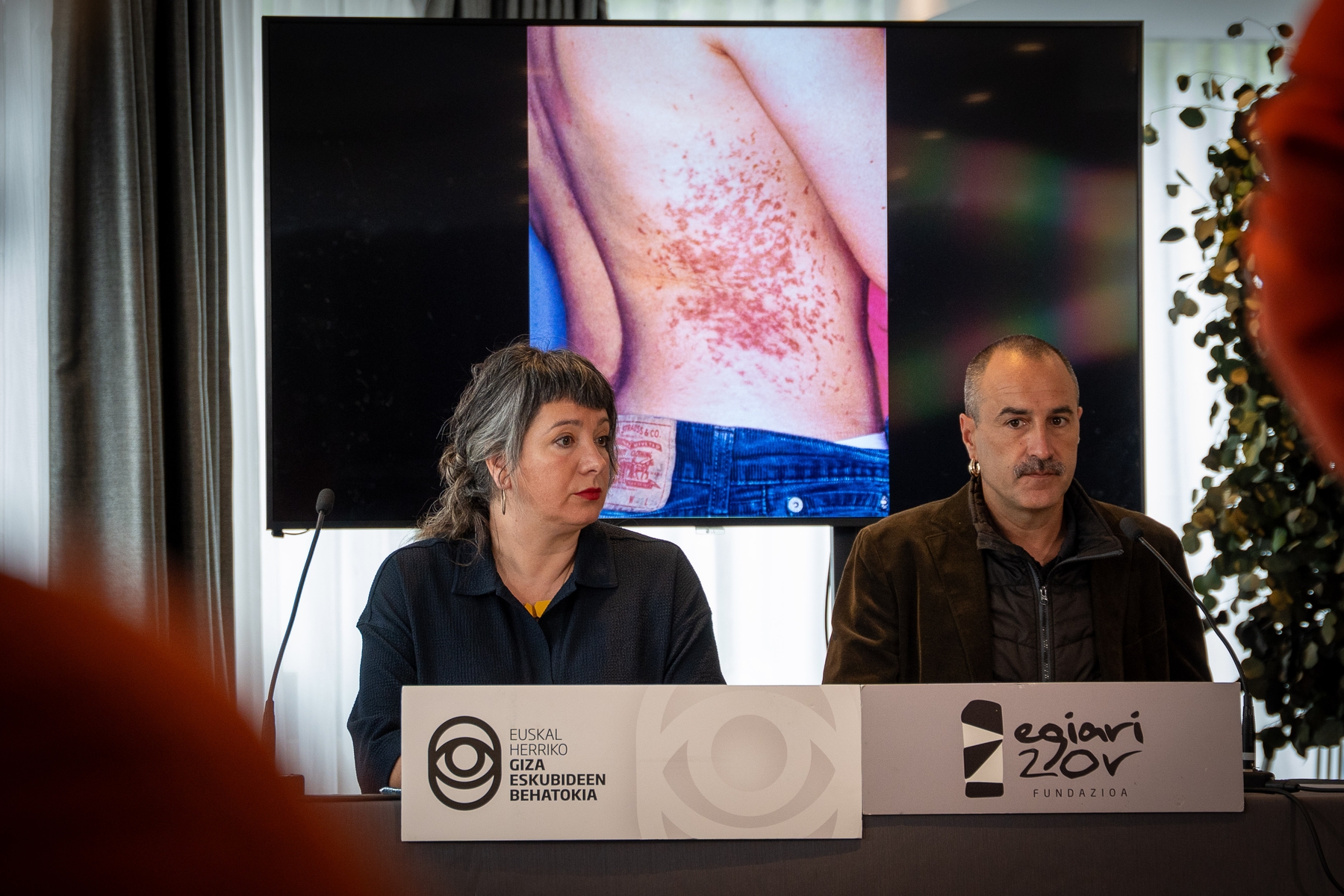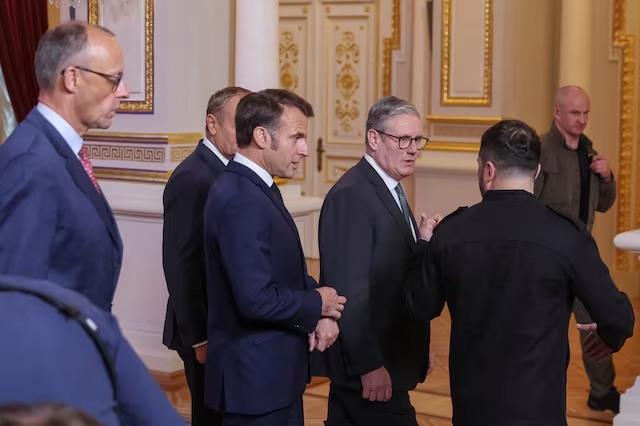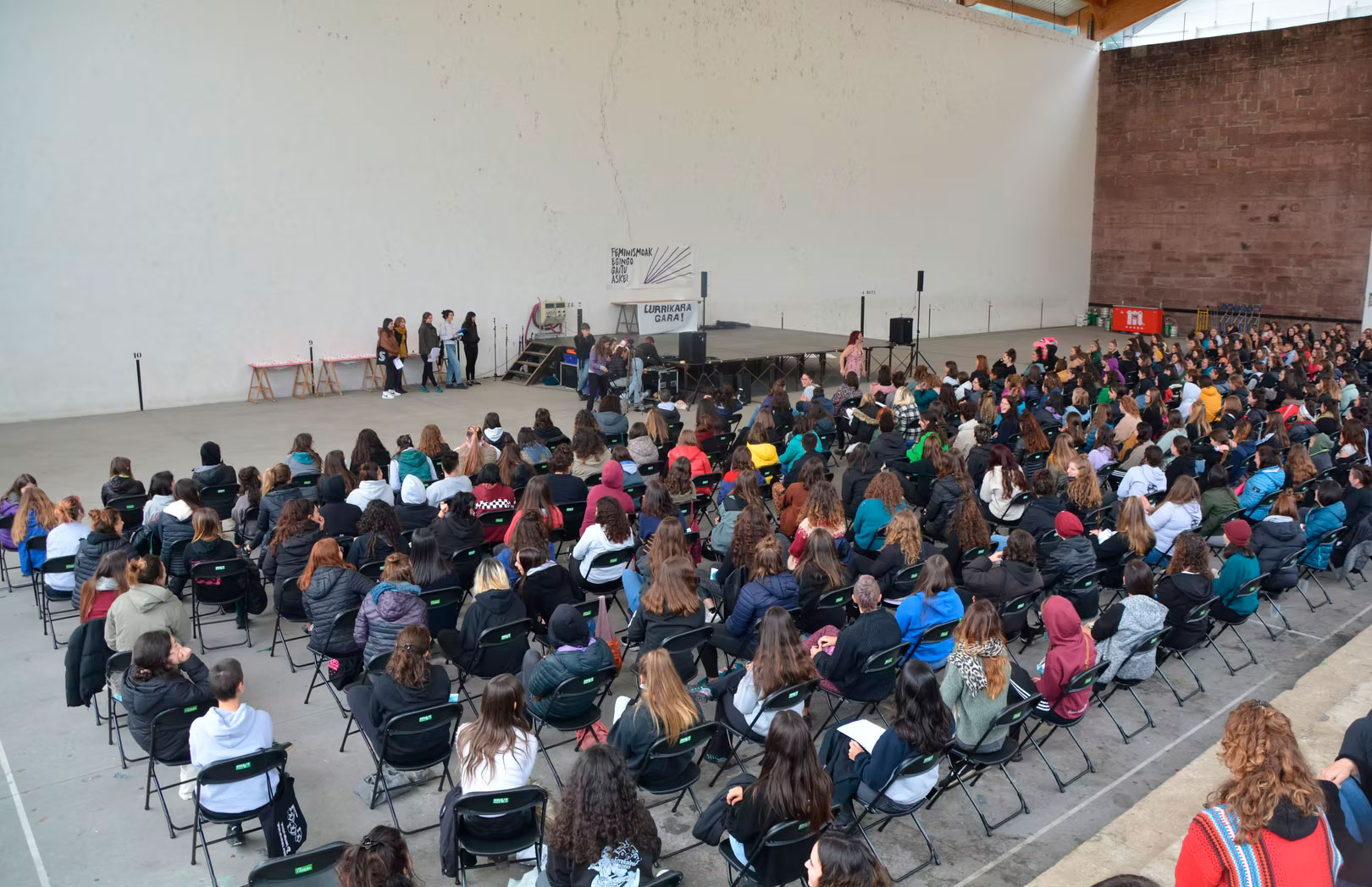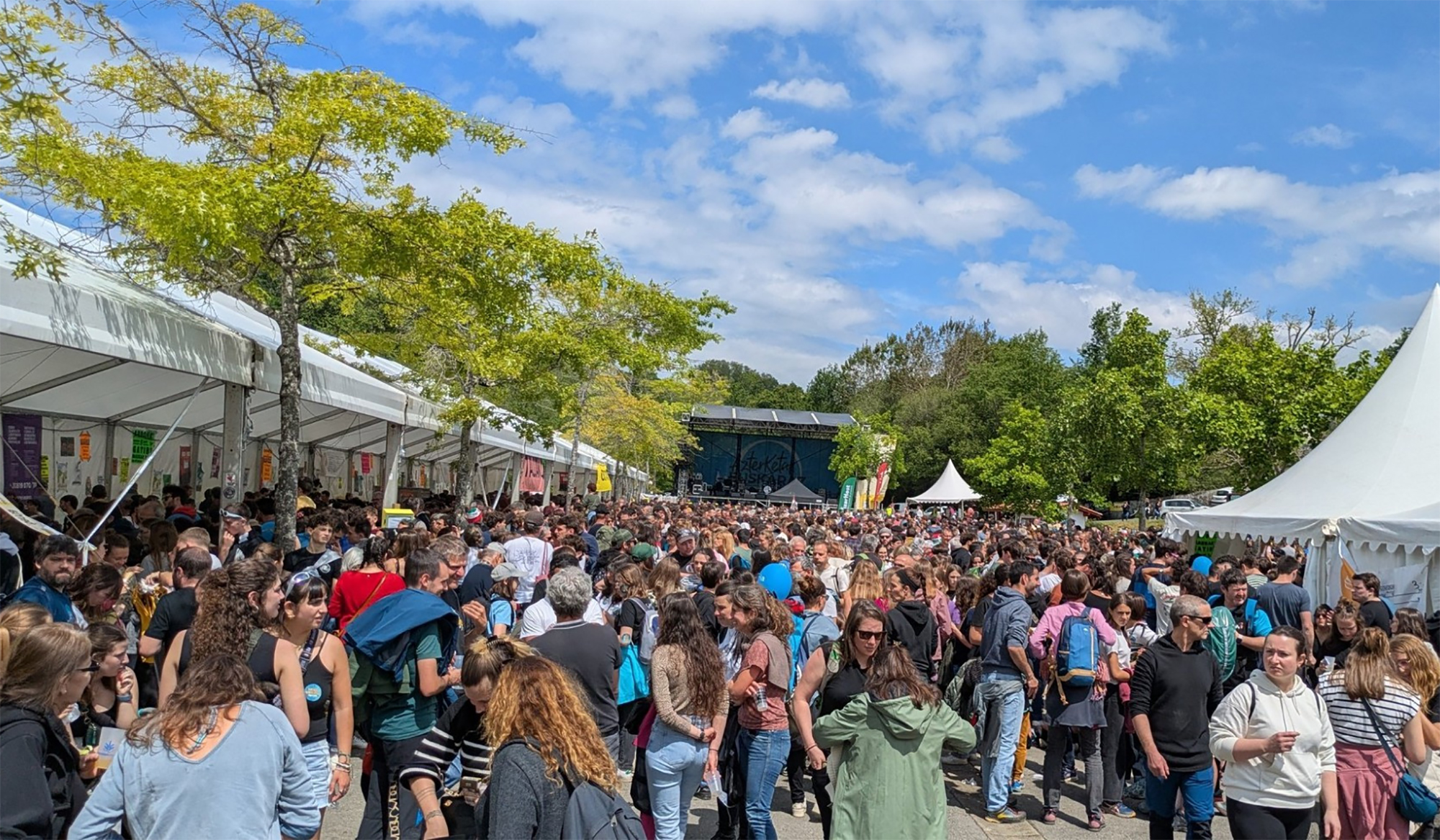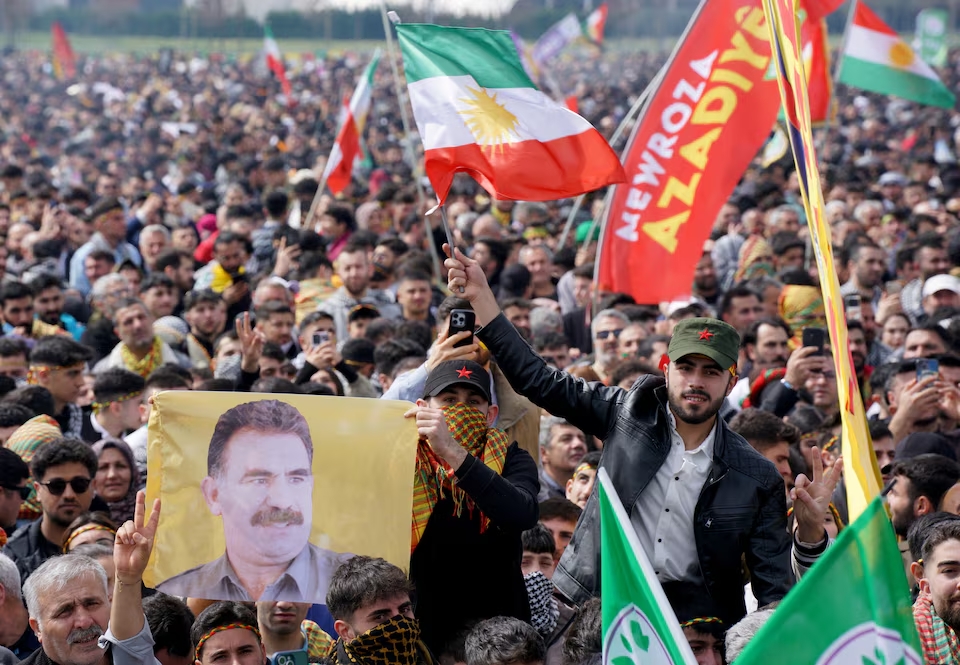Normality
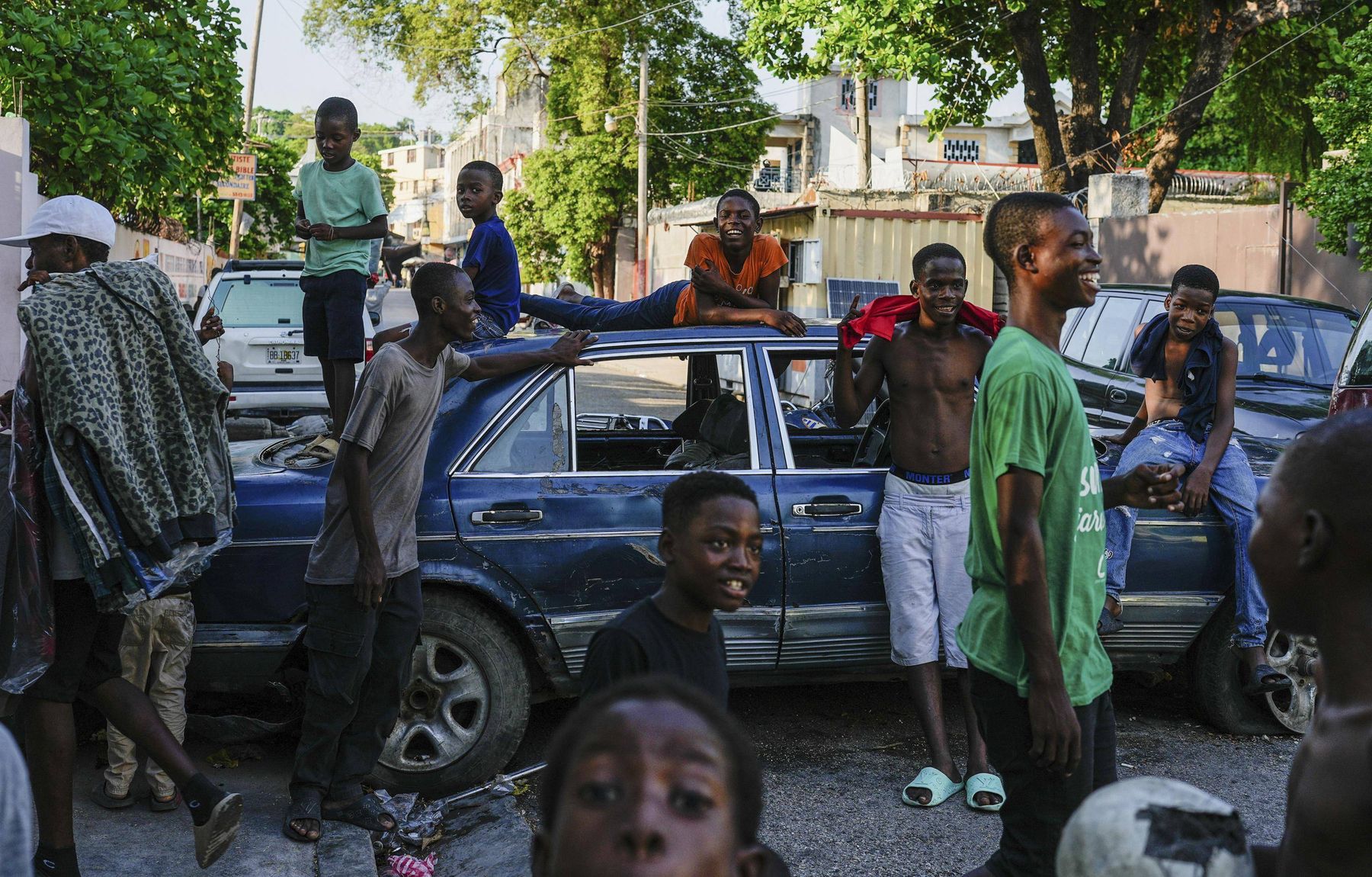
Children laugh, calm, in the middle of a road cut. They're used to living from crystal to crisis. It's not news. When violence goes up, Haiti appears on television. For a while. It sells violence. At least a little. But extreme poverty and endemic corruption are not spectacular, hurricanes or earthquakes are. Meanwhile, there is no political power, the law of armed groups, thousands of deaths and displaced persons, has prevailed. The emergency situation has long been marked by violence. And the solution of the so-called “international community” has been the usual one: fire. Faced with the structural problems of a failed neocolonial state, thousands of armed men are sent to Haiti, a multi-country police force, led by Kenya and recruited by the United States. That is also normal. From the Haitian historical point of view, it has been the foreign imperialist intervention that has strengthened the constant chain of crisis.
Photo: R. Espinosa – AP
Text: Axier Lopez
Donibane Garazi inguruko herri ttipi batean sortua da Bea, eta 1970eko hamarkadan ondoko eskola publiko batean ikusi zituen bortizkeria, sexu eraso eta bortxaketak salatu dizkigu. Irakasleak eragiten zizkiela tratu horiek ama eskolako eta lehen mailako haurrei, mutikoak bortizki... [+]
“The massacres in Gaza are war events and the culprit is Hamas. (...) I don’t need to be ashamed at all of Israel’s way of fighting. (...) Everyone would be happy if Israel finished its work.” These are the words of Haïm Korsia, the Grand Rabbi of France – the highest... [+]
After the beginning of the rehabilitation work of the Reception Center for International Protection in the Arana neighborhood of Vitoria-Gasteiz, we have seen the need to reposition ourselves publicly as occupied and concerned neighbors and to make the Basque Country a true host... [+]









